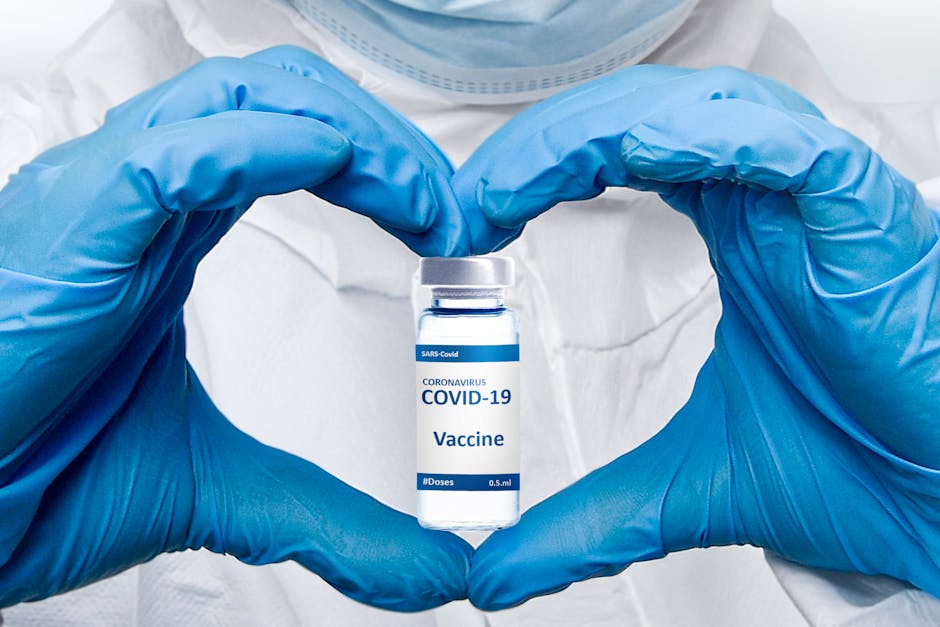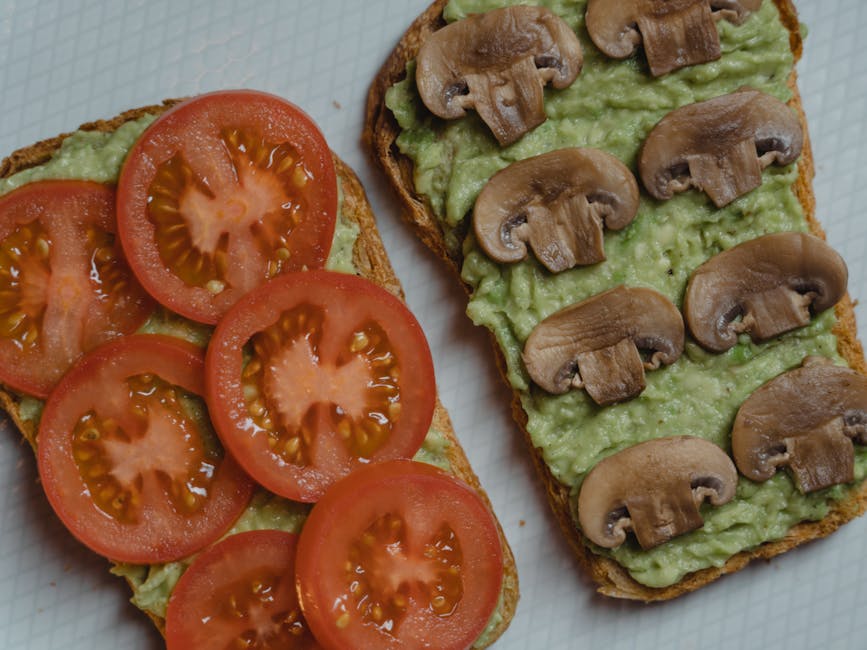Balanced nutrition is the foundation of optimal health, supporting everything from your daily energy levels to your long-term wellness. At Fit Food Wisdom, we believe that understanding the science behind smart food choices empowers you to take control of your health and fitness journey. In this comprehensive guide, we’ll explore what balanced nutrition really means, the science that underpins it, and practical strategies to help you make informed choices every day.
The Fundamentals of Balanced Nutrition

Photo by RDNE Stock project on Pexels
Balanced nutrition is more than just eating your vegetables or counting calories. It’s about providing your body with the right mix of macronutrients and micronutrients to support all its vital functions. The three primary macronutrients—carbohydrates, proteins, and fats—each play unique roles in energy production, tissue repair, and overall health. Micronutrients, such as vitamins and minerals, are equally essential for metabolism, immunity, and cellular health.
A truly balanced diet includes:
- Carbohydrates: Your body’s main energy source, found in whole grains, fruits, and vegetables.
- Proteins: Crucial for muscle repair, immune function, and hormone production. Sources include lean meats, legumes, dairy, and plant-based options.
- Fats: Necessary for brain health, hormone regulation, and nutrient absorption. Healthy fats are found in nuts, seeds, avocados, and olive oil.
- Vitamins and Minerals: These micronutrients support everything from bone health to oxygen transport. They’re abundant in colorful fruits, vegetables, nuts, and whole grains.
Achieving balance means eating a wide variety of foods to meet your body’s unique needs. No single food or nutrient can provide everything; diversity is key. A balanced plate typically includes half vegetables and fruits, a quarter lean protein, and a quarter whole grains, with a small amount of healthy fat.
The Science Behind Nutrient Needs

Photo by Photo By: Kaboompics.com on Pexels
Our understanding of nutrition is grounded in decades of scientific research. Nutrient needs vary based on age, gender, activity level, and life stage. For example, athletes may require more protein to support muscle recovery, while pregnant women need additional folic acid for fetal development. The Recommended Dietary Allowances (RDAs) set by health authorities provide a baseline, but individual needs can differ.
Carbohydrates are not just about energy; complex carbs like whole grains provide fiber, which supports digestive health and helps regulate blood sugar. Proteins are made up of amino acids, some of which are essential and must be obtained from food. Fats, especially unsaturated fats, play a role in reducing inflammation and supporting heart health. Micronutrients like vitamin D, calcium, iron, and magnesium are critical for bone strength, oxygen transport, and muscle function.
Scientific research continually uncovers new insights. For instance, the gut microbiome—the trillions of bacteria in your digestive tract—thrives on a diet rich in fiber and plant-based foods, influencing everything from immunity to mood. Personalized nutrition, based on genetics and lifestyle, is an emerging field that promises even more tailored dietary recommendations in the future.
How Balanced Nutrition Fuels Optimal Health

Photo by adrian vieriu on Pexels
Balanced nutrition is the cornerstone of disease prevention, energy management, and mental well-being. Diets rich in whole, unprocessed foods are linked to lower risks of chronic diseases like heart disease, diabetes, and certain cancers. Antioxidants from fruits and vegetables combat oxidative stress, while healthy fats support brain function and mood stability.
Energy levels are directly impacted by what you eat. Consuming a variety of nutrient-dense foods ensures steady blood sugar, reduces cravings, and supports sustained physical and mental performance. Balanced meals help regulate hormones involved in appetite and metabolism, making it easier to maintain a healthy weight.
Mental health is also influenced by nutrition. Omega-3 fatty acids, B vitamins, and minerals like zinc and magnesium are linked to improved mood and cognitive function. A diet that prioritizes balance and variety supports not just your body, but your mind as well.
Practical Strategies for Smart Nutrition Choices

Photo by cottonbro studio on Pexels
Making balanced nutrition a daily habit doesn’t have to be complicated. Here are practical strategies to help you build a smart nutrition routine:
- Plan Your Meals: Preparing meals in advance helps you control ingredients and portion sizes, making it easier to stick to balanced choices.
- Focus on Whole Foods: Choose foods in their natural state—fruits, vegetables, whole grains, lean proteins, and healthy fats—over processed options.
- Read Nutrition Labels: Understanding food labels empowers you to make informed decisions about sugar, sodium, and fat content.
- Practice Mindful Eating: Paying attention to hunger cues and eating slowly can prevent overeating and improve digestion.
- Stay Hydrated: Water is essential for every bodily function. Aim for at least 8 cups a day, more if you’re active.
Small, consistent changes lead to lasting results. Start by adding an extra serving of vegetables to your meals, swapping refined grains for whole grains, or choosing nuts instead of chips for a snack. Over time, these habits become second nature, supporting your overall health and fitness goals.
Common Nutrition Myths Debunked

The world of nutrition is filled with myths and misconceptions. Let’s clear up some of the most common:
- Myth: Carbs make you gain weight. Truth: Carbohydrates are essential for energy; it’s the type and portion that matter. Whole grains and fiber-rich carbs support weight management.
- Myth: Fat should be avoided. Truth: Healthy fats are vital for brain and heart health. It’s trans fats and excessive saturated fats that should be limited.
- Myth: High-protein diets are best for everyone. Truth: Protein needs vary. Excessive protein can strain the kidneys and isn’t necessary for most people.
- Myth: Supplements can replace real food. Truth: While supplements can fill gaps, they can’t replicate the complex nutrients and benefits of whole foods.
- Myth: All calories are equal. Truth: The source of calories matters. 100 calories from vegetables nourish your body differently than 100 calories from candy.
Staying informed and relying on evidence-based information helps you make better nutrition decisions for your unique needs.
Building a Sustainable Nutrition Lifestyle

Photo by Cup of Couple on Pexels
Balanced nutrition is not a quick fix—it’s a lifelong commitment to health. Sustainability is key. Instead of restrictive diets or drastic changes, focus on creating a nutrition routine that fits your lifestyle and preferences. Allow flexibility for social events and occasional treats without guilt.
Involve your family or friends in meal planning and cooking. Experiment with new recipes and cuisines to keep meals exciting. Listen to your body and adjust your nutrition as your needs change with age, activity, or health conditions.
Remember, nutrition is personal. What works for one person may not work for another. The goal is to find a balanced approach that supports your physical, mental, and emotional well-being.
Conclusion: Empower Yourself with Balanced Nutrition

Photo by Erik Scheel on Pexels
Balanced nutrition is the ultimate tool for achieving and maintaining optimal health and fitness. By understanding the science, debunking myths, and adopting practical strategies, you can make smart choices every day. At Fit Food Wisdom, we’re committed to providing you with the knowledge and inspiration you need to thrive. Start your journey toward balanced nutrition today—your body and mind will thank you.
Sources
- https://nutrium.com/blog/importance-of-seo-for-nutrition-professionals/
- https://nutriadmin.com/blog/seo-and-content-strategy-for-nutritionists/
- https://serpzilla.com/blog/seo-for-nutritionists/
- https://influencerseo.com/how-to-start-a-nutrition-blog/
- https://keenoa.com/blog/how-to-write-a-seo-nutrition-article-for-dietitians/

